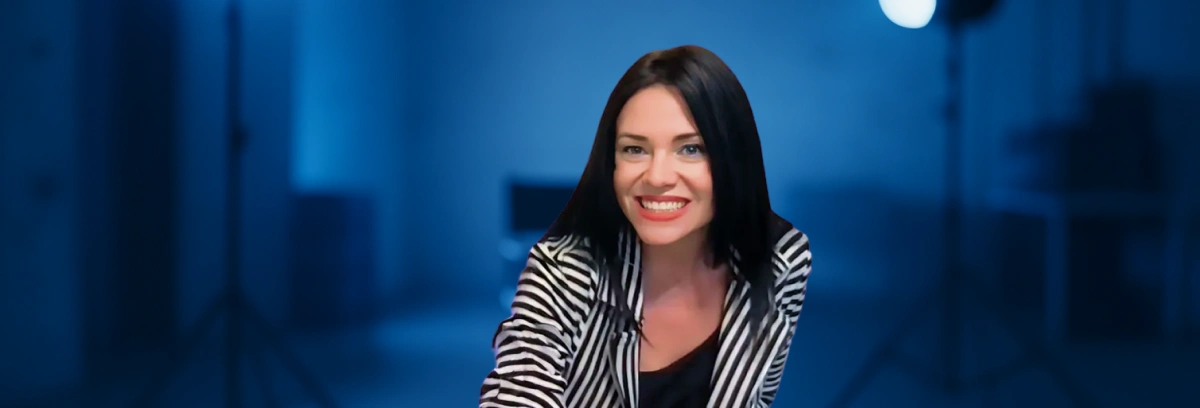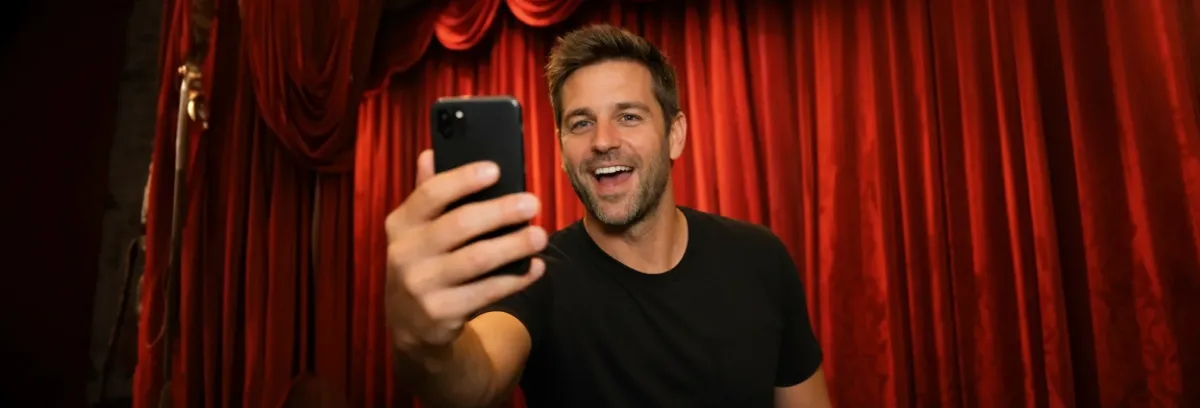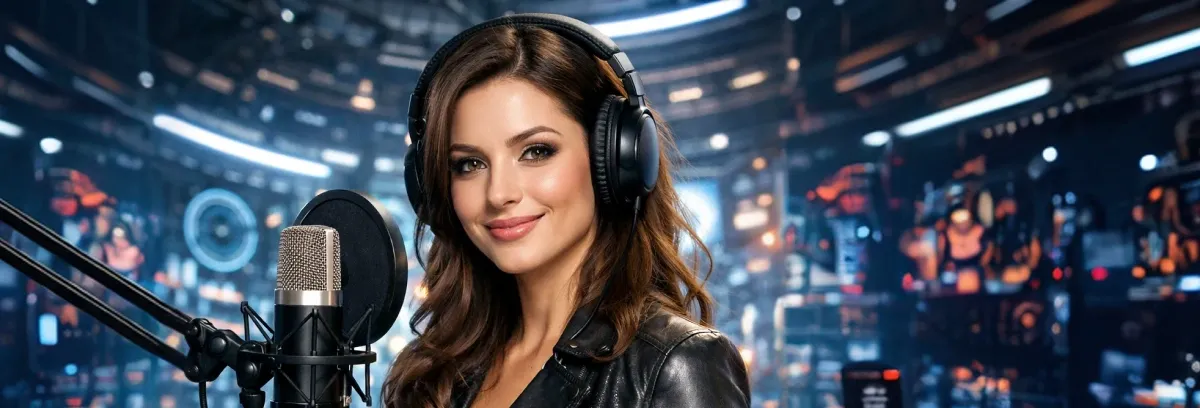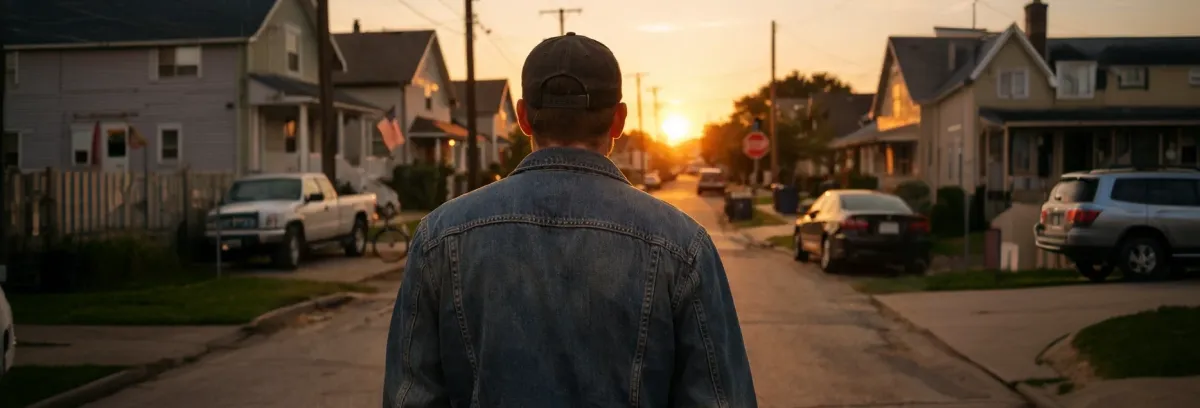How did you become the Head of Scouting? What's the backstory here?
Looking back, I always wanted to be a scout. I first started in the industry when I was around 13 and signed with a very small agency outside of Dothan, Alabama. While I was growing up in the 90s, there was barely such a thing as the internet. So the exposure factor, unless you were in a big city, just wasn't there. So I dreamed of becoming a scout. I wanted to be the one who could bridge the gap between unknown talent and exposed talent. I modeled throughout my high school and college years and aspired to be an actress, but the exposure wasn’t there. I fell in love with photography, and started gravitating towards the other side of the camera. I had a very good friend/fellow photographer who was doing some scouting for Stars Talent Studio. Naturally, I was intrigued. She connected me with an agent who represented Amber Evans/Owner of Stars Talent Studio, and the rest is history.
What are the most favorite and least favorite parts of your job?
I really don’t have any least favorite parts of my job. The reason being, this job is a dream to me. There’s nothing that I don’t like about it. There's nothing that is unsatisfying to me. The most satisfying and rewarding parts are probably knowing when I have successfully found the right talent for casting calls that we were assisting with. Another favorite part of my job is knowing that I have helped talent with no experience to become part of the Stars family. The moment my talent signs the contract with Stars Talent Studio, I feel immense satisfaction.
Which casting calls are the biggest challenge for you and why?
Certain requested demographics are challenging to cast. Obviously, the more specific the role is, the harder and longer it takes for me to find that talent.
How do you spend your free time?
I really don’t have a lot of free time. My life is fully devoted to my work and studies. When I’m not watching reels or doing interviews, I am a full-time student at the Los Angeles Film School. When I’m not studying, I volunteer a couple of times a week as a school photographer, all the while being a mother of two teenage boys.
You might also be interested in:
What would you suggest to aspiring talent who apply to your casting calls?
My main suggestion for aspiring talent would be to have all of their materials ready when casting directors request them. It can make the difference between having your audition seen or not seen.
How can talent improve their chances to get cast?
I can’t stress enough how important training is. Acting as a profession is just like being a lawyer or a doctor, a school teacher or an astronaut. You must be trained properly. From the time any serious actor starts in the business, to the day they retire - they stay in training. Education is key to becoming a successful working actor.
Do you see any difference in the mistakes that child actors make in comparison to adults?
The biggest thing that I see is the absence of professional material. A child actor’s materials are just as important as those of an adult. You need to have reels, you need to have headshots, and you need to have training. Just because you’re a child doesn’t mean that you get a pass on these prerequisites. It’s the parent's responsibility and duty to make sure they have all the right materials ready in order for their child to succeed.
What should parents/guardians of child talent know before they apply to your casting calls?
The most important thing that a parent or guardian needs to know is what their child is actually auditioning for. Knowing the “breakdown” of the role can be a huge time saver.
How do you usually find talent for your projects?
Finding talent comes down to a question of who we need and what do we need him or her for. Depending on whether the project is local or national, it will provide me with the direction and methods I’ll use in searching for talent. Sometimes it can be as simple as finding talent who we already represent. Sometimes a national casting call is needed. It just depends on the project.
What would you suggest to other people who are seeking talent? What are the typical mistakes people make when searching for talent?
I can’t speak for anyone else but I will tell you this. As a scout, I am a little more unconventional when searching for talent. I like to veer off the well trodden path when I look for talent. I look in the smallest markets. I look in places where there are no markets. Because there is just so much talent to be discovered. These resources are untapped. I have nothing against big markets, but I have already seen what those big markets offer. I am interested in the talent that is yet to be seen.
What are the differences in searching for child talent as opposed to adults? What's more challenging and why?
I always say that they’re both equally challenging, however probably the most challenging are adults. It's simple - there are far more children applicants than adult applicants at any given day or project.
How do you notice the difference between aspiring talent who can “make it” and those who can't?
I don’t look at it as who will “make it” and who won’t. It all comes down to your drive. It comes down to your dedication and your passion! If you truly want something, you will do whatever it takes to get it. Being in this business takes guts! It takes commitment and it takes never giving up, no matter how many times you hear the word “No”. That is the key to making it in this business!



